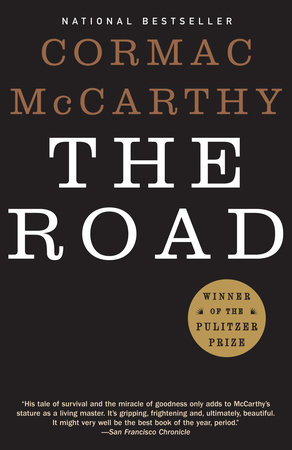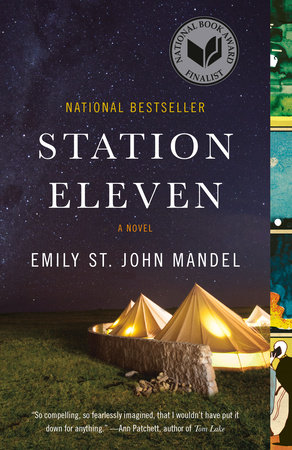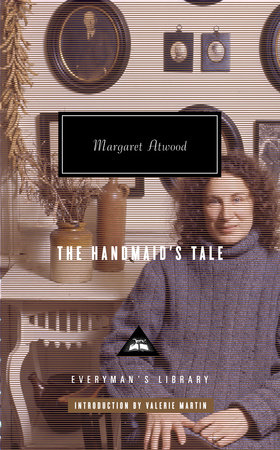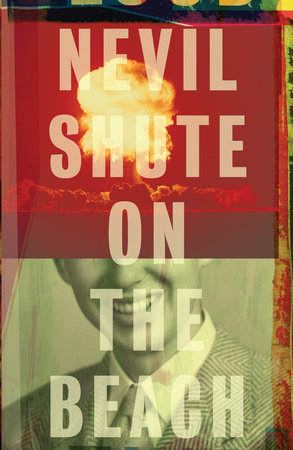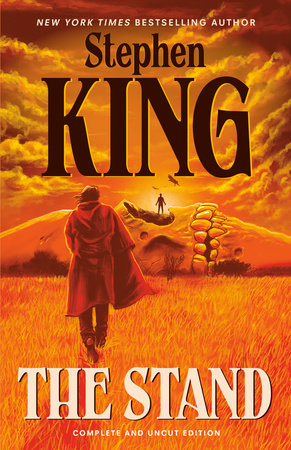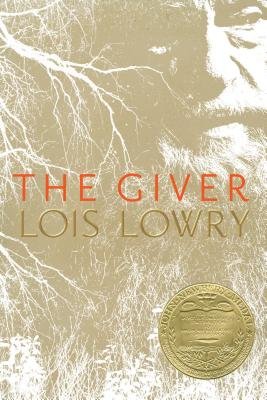The Apocalypse for Grown-Ups:
Great Dystopian Novels for Adults
by Devon A. Corneal
You’d have to be hiding under a rock not to know that dystopia is a huge part of young adult fiction right now. From The Hunger Games to Divergent to Starters, stories about life in the aftermath of earth-changing catastrophes have never been more popular. If you’d like a piece of the action, but are looking for something a bit more adult, here are seven more mature stories for grown-ups that explore life after the collapse of civilization as we know it. And no, we’re not talking about your morning without coffee.
-
The Road
Available from:This Pulitzer Prize-winning peek into a post-apocalyptic world tells the story of a father and son walking alone through a burned and empty America with nothing but a gun and each other. It’s bleaker than bleak, but incredibly moving. You’re going to rethink your complaints during that last family hike.
Also available from: -
Station Eleven
Available from:The newest addition to the apocalyptic genre, Station Eleven focuses not on the destruction of civilization (although, believe me, you’ll never look at the flu the same way again), but rather on the rebuilding that happens afterwards. Following a traveling Shakespeare company as it winds its way through what used to be North America, this story weaves together a disparate group of characters seeking redemption, love, and beauty in a fragile and often dangerous world.
Also available from: -
The Passage
Available from:Justin Cronin was challenged by his daughter to write a story about a girl who saves the world, and he eagerly complied, but I don’t think this was quite what she had in mind. She was probably imagining a tough as nails, but still sweet young thing, who stops an alien invasion. Instead, Cronin created a military experiment gone wrong that transforms humans into horrific vampires (Dracula was a teddy bear compared to these monsters) and the world into a place of unimaginable violence. In the center of it all, is a young girl named Amy, who may or may not be the key to mankind’s survival.
Also available from: -
The Handmaid’s Tale
Available from:If a single child is the center of The Passage, the ability to have children at all is at the core of Margaret Atwood’s classic The Handmaid’s Tale. Controversial since its initial publication, the novel delves into a world of declining birth rates in which women are valued only for their ability to procreate. Ruled by a dictatorial theocracy and threatened with exile to polluted outer colonies, the Handmaid in Atwood’s tale struggles to retain her identity in a world that sees her not as a person, but solely as an incubator.
Also available from: -
On the Beach
Available from:In the wake of a nuclear war that destroyed most of the globe, the remaining survivors in South Australia can do nothing but watch as a poisonous radioactive cloud blows toward them. A chilling exploration of how ordinary people cope with the unimaginable, Shute brilliantly captures the hopelessness and sense of doom that accompanies our fears about the end of the world, but also celebrates the small acts of beauty and defiance and love that exist even in the worst of times.
Also available from: -
The Stand
Available from:Viruses seem to be a popular way to wipe out most of the human race, and in The Stand, Stephen King does just that. But the real horror comes after the deaths when the remaining one percent of the population must decide how to rebuild. Will they follow the peaceful and benevolent 108-year-old Mother Abagail? Or Randall Flagg, who quickly proves to be a far darker force?
Also available from: -
The Giver
If you missed this in high school English, now is the time to read The Giver. Even twenty years after its initial publication, The Giver is as relevant and provocative as ever. Young Jonas lives in a community that has eliminated pain, suffering, and discord by adopting “Sameness.” In doing so, however, it has also eliminated color, music, individuality, and privacy. When Jonas is selected as the next “Receiver of Memory” he begins to learn of the world before its colors were stripped away.
Preorder from:

